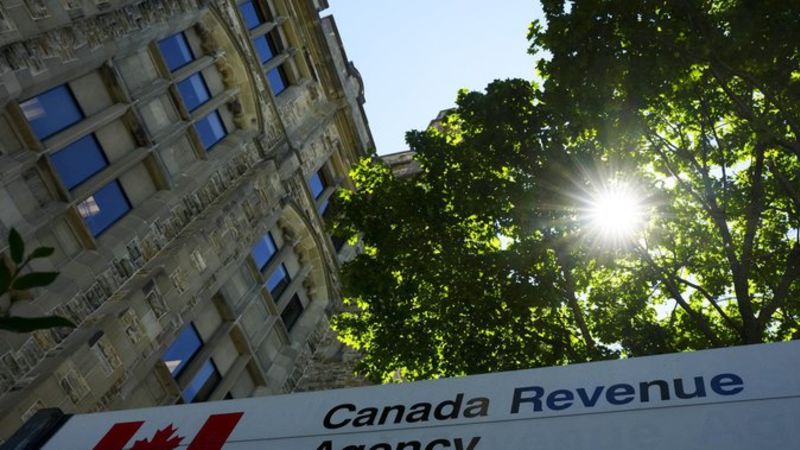
‘Either way, the government ends up winning’: Concerns surround capital gains tax increase
As the federal government is raising the capital gains tax inclusion rate from one half to two-thirds at amounts above $250,000, a North Battleford financial expert believes this may harm the country’s economic competitiveness.
“This is just a long line of our federal government attacking the people who are actually generating the money that they needed to hand out to the rest of us,” said Gerald Pohl, principal owner of Analytic Chartered Professional Accountant.
“He[Justin Trudeau] wants to attack the people he thinks are rich, and that ends up being farmers, small business owners, and estates,” he said.
Under the proposed change, the first $250,000 in capital gains would be taxed at a 50 per cent inclusion rate, while gains above that would be subject to a new 66 per cent inclusion rate, increasing the overall tax burden.


